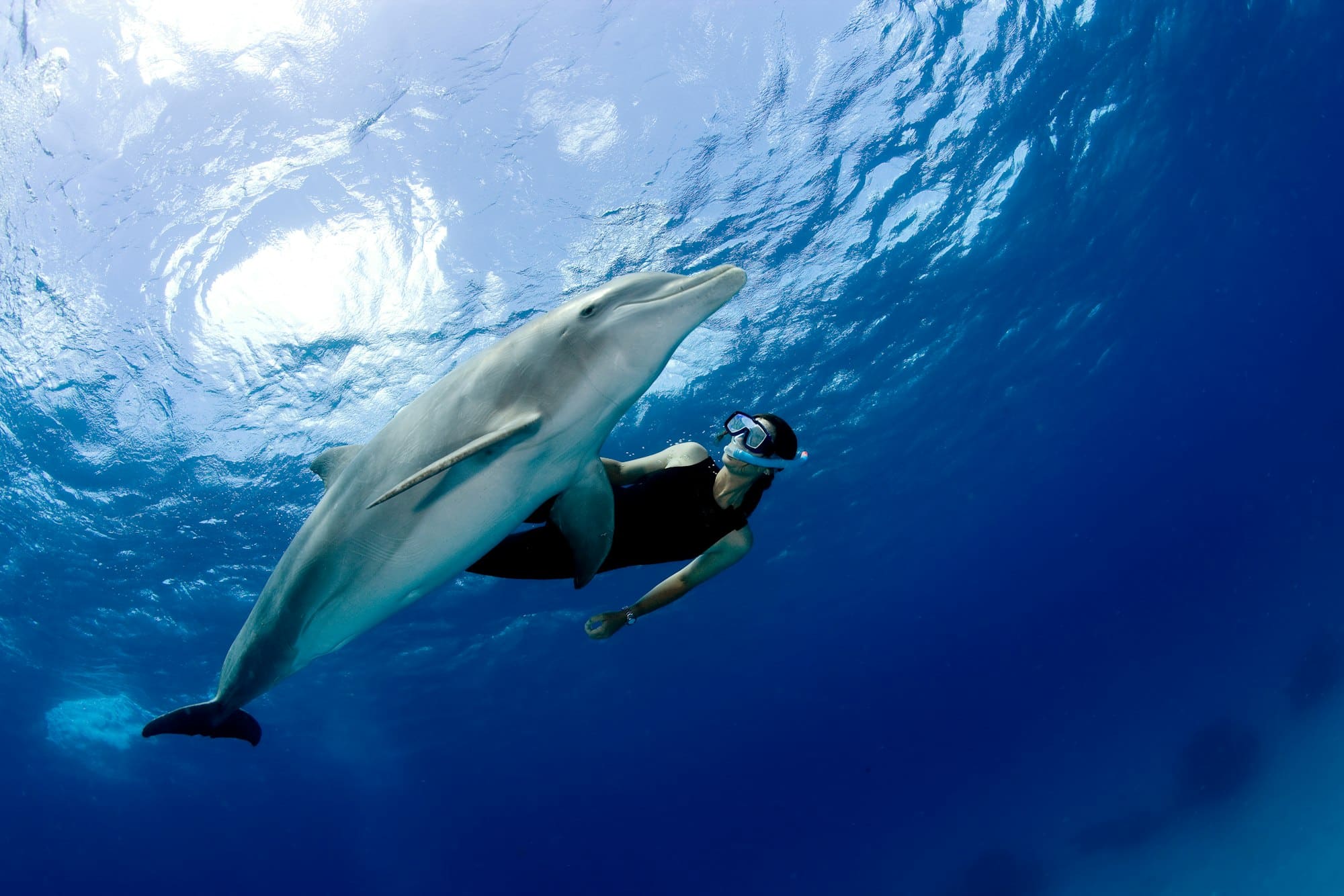Among the myriad ways to experience the natural beauty of Devon, snorkelling stands as an intimate and immersive method to explore the region’s aquatic treasures. From the depths of coves at Lyme bay to the clear waters of Wembury beach, the Devon coast is a haven of diverse marine life. However, alongside the thrill and excitement of snorkelling, it’s essential to consider the regulations governing this activity. These rules not only ensure the safety of snorkellers but also the preservation of Devon’s unique marine and wildlife species.
The Importance of Marine Protected Areas (MPA)
Before we delve into the specifics of snorkelling regulations, we need to understand the concept of Marine Protected Areas (MPA). MPAs are designated areas in the sea where human activities are more tightly regulated than the surrounding waters. The primary goal is to conserve the rich biodiversity and ensure the health of marine ecosystems. Devon, with its abundant marine life, has several such MPAs.
En parallèle : How to arrange a behind-the-scenes tour at the Royal Albert Hall?
Snorkelling in MPAs is generally permitted, but it’s crucial to follow certain rules. You should avoid disturbing the marine life, never touch or feed the fish, and adhere to the clearly marked areas for snorkelling. The use of certain types of equipment may also be restricted in some MPAs, like spearfishing gear for example.
Snorkelling in Lyme Bay
Lyme Bay, one of the largest and most biologically diverse marine conservation zones in the UK, is a fantastic snorkelling location. However, because of its status as an MPA, there are strict regulations to follow.
Lire également : Which castles in North Wales have hidden passages to explore?
Snorkelling here is permitted, but it is controlled to avoid damage to the unique marine environment. Divers need to respect the marine life and avoid any actions that could harm the species living there. Additionally, spearfishing, the collection of marine life, and the use of any fishing gear are strictly prohibited.
Wembury Bay: A Snorkelling Paradise
Reputed for its clear waters, Wembury Bay is one of Devon’s best snorkelling spots. Its MPA status makes it home to a diverse range of marine species. The Wembury Marine Centre provides detailed guidelines for snorkellers in this area.
Snorkellers must avoid causing disturbance to wildlife, particularly during the breeding season. Motorised water sports are regulated, and launching personal watercrafts is only allowed from the main beach area. Divers are also advised to stay within the designated snorkelling area.
Island Hopping and Snorkelling
Devon’s coastline is dotted with numerous islands, each offering unique marine life. Snorkelling around these islands can be a thrilling experience, but it’s important to remember that wildlife protection regulations apply.
Whether you’re exploring Lundy Island’s seal population or the waters around Burgh Island, remember to keep a respectful distance from marine mammals and birds. Disturbing these creatures, intentionally or unintentionally, is strictly forbidden. As such, snorkelling is usually recommended during the non-breeding seasons for most species.
Scuba Diving Vs. Snorkelling Regulations
While both offer a chance to explore Devon’s underwater world, snorkelling and scuba diving are subject to slightly different regulations. Scuba diving, being a more intrusive activity, is more heavily regulated, especially within MPAs.
Scuba divers are required to hold a valid diving certification and follow strict guidelines to minimise their impact on the ecosystem. In contrast, snorkelling is less strictly regulated, given its less invasive nature. However, the basic principles of respecting marine life and staying within designated areas apply to both activities.
Understanding and complying with the regulations for snorkelling along the coast of Devon will not only ensure a safe and enjoyable experience but also contribute to the conservation of the region’s unique marine life. With this knowledge, you are ready to dive into the blue and explore the underwater wonders of Devon responsibly.
Snorkelling Equipment and Safety Measures
Before you jump into the clear waters of Lyme Bay or Wembury Bay, it’s crucial to ensure you have the right snorkelling equipment and follow the necessary safety measures. The standard snorkelling gear includes a snorkel, mask, and fins. However, considering Devon’s cold water temperatures, a wetsuit is highly recommended to maintain body warmth during your underwater exploration.
Your equipment should be in good condition and fit well to avoid any complications while in the water. A leaky mask or uncomfortable fins can not only detract from your snorkelling experience but also pose a safety risk. You should also have a buoyancy aid, particularly if you’re a beginner or snorkelling in deeper waters.
In terms of safety measures, never snorkel alone. Always have a buddy with you or let someone on the shore know where you are. If you’re snorkelling in MPAs, make sure to follow the guidelines provided by the local marine centre or the National Trust. They often have detailed maps of the area and can advise on the best places to snorkel based on current conditions and your swimming ability.
Low Tide Snorkelling and Walk along the Coast Path
Low tide snorkelling offers a unique chance to explore the shallow waters and rock pools of Devon. The sea recedes to expose a mini underwater world, teeming with marine life such as crabs, starfish, and anemones. Snorkelling at low tide is usually safer and more accessible for beginners or those who are not strong swimmers.
However, it’s crucial to keep an eye on the tide times. The tide can come in quite quickly, and getting caught off guard can be dangerous. Always check the local tide times before planning your snorkelling adventure.
Another way to enjoy Devon’s coastal beauty is by a walk along the South West Coast Path. This 630-mile trail offers breathtaking views of the coastline and leads to many secluded beaches perfect for snorkelling. Remember to wear appropriate footwear as the path can be rocky and uneven in places.
Conclusion: Preserving Devon’s Aquatic Treasures
Responsible snorkelling and scuba diving along the coast of Devon not only provides an unforgettable experience but also plays a vital role in preserving the region’s rich marine biodiversity. Whether you are exploring the underwater world of Lyme bay, the crystal clear waters of Wembury Bay, or the vibrant marine life around Lundy Island, always remember to respect the protected areas and the creatures that call them home.
Follow the guidelines, stay within designated areas, and avoid disturbing the marine life. This way, you’ll contribute to the preservation of Devon’s aquatic treasures while ensuring your own safety. After all, the true joy of snorkelling comes from witnessing the natural beauty of the underwater world in its purest form. So, gear up, stay safe, and dive into the blue for a memorable snorkelling adventure in Devon.











